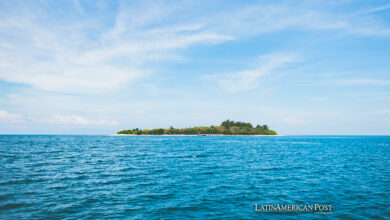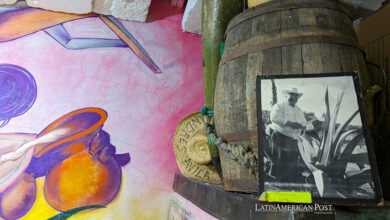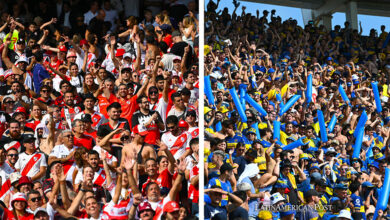Venezuela: searching for a new currency
Maduro stated that he would stop using the dollar for state contracts

The Venezuelan state will stop signing public contracts in dollars and will force companies that want to do business with the government to use a “basket of currencies” including the yuan, ruble, rupee, and the euro, according with Vice President Tareck the Aissami. President Nicolas Maduro announced days before the implementation of a new alternative for the international payment system in response to financial sanctions imposed by the United States against Venezuela.
Venezuelan officials say that the movement of the dollar would require the opening of accounts in other currencies. This process should be done by the productive sector, so banks will have to open correspondents or banking offices in Russia, China, India, or Europe.
President Nicolas Maduro stated in a nationally televised message his decision to sell oil, gas, and gold in rubles, rupees or yuan within what he considered “a new stage of foreign trade with the use of convertible currencies beyond the dollar “.
Jose Toro Hardy, former director of Petroleos de Venezuela, affirms that all the transactions of the international energy market are carried out with the currency of the United States. Toro explains that “China charges Venezuela in yuan only when they buy buses, satellites, or other products and services made in the Asian country, but the rest of the debt payments are only processed in dollars, which makes it very difficult to let go the dollar easily.”
Venezuelan economist Cesar Aristimuño, sees the decision with skepticism. “Maduro’s initiative would force to exchange de dollar to yuan more than $ 10 billion this year that come from oil sales to the United States, exposed to negative effects by currency market volatility. If dollars are received and the yuan is allocated, there is a risk that the exchange rate will cause huge losses for Venezuela”, stated Aristimuño, who in turn remembers that oil is the most important source of income in the country.
For Asdrúbal Oliveros, director of the Eco-analytic firm, the high of dollar allocations is just an excuse to hide an aggressive period of foreign exchange restriction for imports and notes that the government “sacrificed the allocation of foreign exchange for import food and other commodities, and led the country to a critical shortage, to be able to pay its obligations to the holders of international bonds”.
Economist Jaime Quijada explains that “the basket of currencies” is an exchange mechanism “through which the currency in question can be quoted in relation to the rest of the currencies that make up the basket”. Quijada says that institutions, such as the Inter-American Development Bank (IDB), use this system because they handle a large number of currencies. “The IDB receives payments in different currencies and for that is the basket, to know the price of these currencies against others”.
US President Donald Trump recently signed an order prohibiting negotiations on new debt and capital issued by the Venezuelan government and its state oil company PDVSA, which the Venezuelan government used to buy first-class resources needed. For the Venezuelan president, that decision has caused American banks to refuse to receive payments for the purchase of insulin and food for social programs.
Latin American Post | Carlos Eduardo Gómez Avella
Copy edited by Susana Cicchetto




